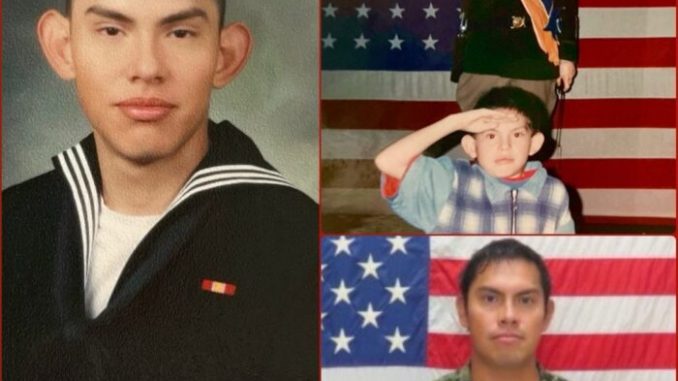
| Published July 22, 2025
10 Americans were freed while El Salvador also released hundreds of Venezuelans and Venezuela is returning Salvadorans as part of the agreement
In a stunning turn of events, ten American citizens imprisoned in Venezuela have been released and are now on their way home, following a quiet but strategic prisoner exchange negotiated between Washington and Caracas. The agreement, reached after months of backchannel diplomacy, marks a rare thaw in relations between the two nations and brings long-awaited relief to families of the detained Americans.
According to U.S. officials, the ten individuals had been held on a variety of charges, some dating back several years. While the Biden administration has not disclosed the names of all the released individuals, their return marks a major diplomatic victory amid tense U.S.-Venezuela relations.
In exchange for the Americans, the United States reportedly agreed to release several individuals with ties to the Venezuelan government, including relatives of key figures in President Nicolás Maduro’s inner circle who had been convicted of drug trafficking and financial crimes. While this part of the deal has not been officially confirmed by the White House, sources told Fox News that the U.S. prioritized the safe return of its citizens, with National Security Advisor Jake Sullivan describing the negotiation as “delicate, focused, and ultimately successful.”
One of the freed Americans was greeted at a U.S. military base overseas before boarding a flight to the U.S., where emotional reunions with family members were expected. Photos and videos circulated showing visibly relieved detainees boarding aircraft, with some expressing disbelief that they were finally free.
Meanwhile, in a separate but politically charged twist, Venezuelan authorities announced they are launching a formal investigation into El Salvador’s President Nayib Bukele over allegations that U.S. deportees were subjected to torture inside Salvadoran prisons. The move appears to be a response to mounting international concern over Bukele’s controversial security policies, which have drawn criticism for mass incarcerations and harsh prison conditions targeting alleged gang members and deportees.
This development comes as Venezuela faces increasing scrutiny for its own human rights record. Analysts suggest that Venezuela’s investigation of Bukele may be an effort to divert attention or position itself as an advocate for justice on the global stage—even as it remains under U.S. sanctions for corruption, electoral fraud, and human rights violations.
Nonetheless, the release of the U.S. hostages is a rare bright spot in an otherwise strained geopolitical landscape. While critics argue that exchanging prisoners sets a dangerous precedent, the Biden administration has framed the move as a necessary humanitarian effort.
Families of the freed Americans, many of whom had campaigned for years for their release, expressed gratitude but called for continued efforts to assist others still wrongfully detained abroad.
“This isn’t just about diplomacy—it’s about lives,” said one family member. “We hope the government will continue to bring every American home.”
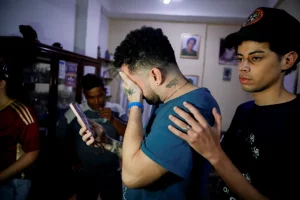
Arturo Suarez, who was held for months in an El Salvador prison after the US alleged he was a member of the Tren de Aragua gang, reacts after his release, in Caracas [Leonardo Fernandez Viloria/Reuters]
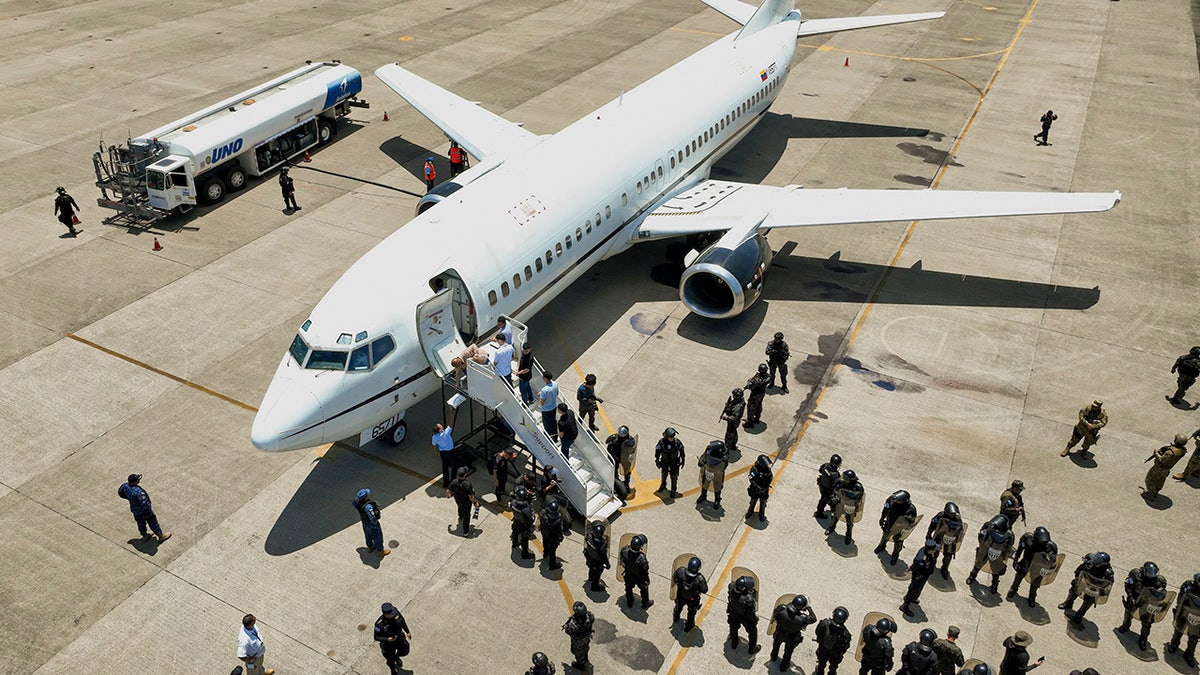
Venezuelans who the U.S. government detained and flew to El Salvador several months ago board a plane Friday bound for Venezuela at the Oscar Arnulfo Romero International Airport in San Luis Talpa, El Salvador. (El Salvador’s presidential press office via AP)
 Implications:
Implications:
Here are the key implications of the U.S.-Venezuela prisoner swap and Venezuela’s probe into El Salvador’s President Bukele:
🔹 1. Softening U.S.-Venezuela Tensions
-
The prisoner exchange signals a rare diplomatic thaw between Washington and Caracas, despite years of sanctions and political hostility.
-
Venezuela may use this goodwill to push for eased economic sanctions, especially on oil exports, which are critical to its struggling economy.
-
The U.S. may see this as a strategic move to counterbalance Chinese and Russian influence in Latin America by re-engaging selectively with Venezuela.
🔹 2. Precedent of Hostage Diplomacy
-
Critics warn that negotiating with authoritarian regimes for hostage releases can incentivize future detentions of Americans abroad.
-
Similar to past swaps with Iran and Russia, this deal risks making U.S. citizens abroad more vulnerable as bargaining chips.
🔹 3. Venezuela’s Probe into El Salvador
-
Caracas launching a torture investigation into Bukele may be a political ploy to divert attention from its own human rights abuses or retaliate for Bukele’s alignment with the U.S.
-
This could escalate into a regional rift, especially if El Salvador responds diplomatically or legally.
-
The move adds to international criticism of Bukele’s security crackdown, which has drawn mixed reactions—praised for reducing gang violence but condemned for civil rights violations.
🔹 4. Human Rights Narrative Shift
-
Venezuela’s sudden interest in alleged abuses in El Salvador is ironic, given its own track record of torture, arbitrary detention, and political oppression.
-
However, it could try to reframe itself as a protector of justice, especially in the eyes of the Global South and neutral nations.
🔹 5. Domestic Political Impact (U.S.)
-
President Biden may gain support for bringing Americans home, especially among voters concerned about overseas detentions.
-
However, Republicans and human rights advocates may criticize the deal as “soft on dictators” and argue it weakens U.S. leverage in global negotiations.
 Overall Takeaway:
Overall Takeaway:
The release of ten American hostages from Venezuelan prisons marks a significant, if complex, diplomatic breakthrough. While the deal underscores the lengths the U.S. government is willing to go to secure the freedom of its citizens, it also raises concerns about the long-term consequences of negotiating with authoritarian regimes. At the same time, Venezuela’s unexpected move to investigate El Salvador’s President Bukele injects a new layer of geopolitical tension into the region—potentially a calculated attempt to shift global narratives and assert moral authority.
As these events unfold, they reflect a broader recalibration in Latin American politics, where national interests, human rights, and global influence intersect. Whether this marks the beginning of improved international cooperation—or a deeper slide into power plays and posturing—remains to be seen. For now, families of the freed Americans are celebrating a long-awaited homecoming, even as new diplomatic and ethical challenges take shape.


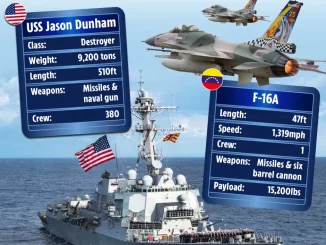

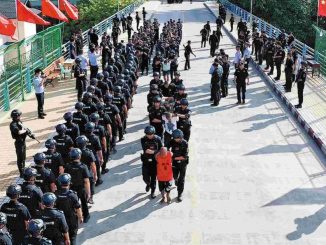
Be the first to comment